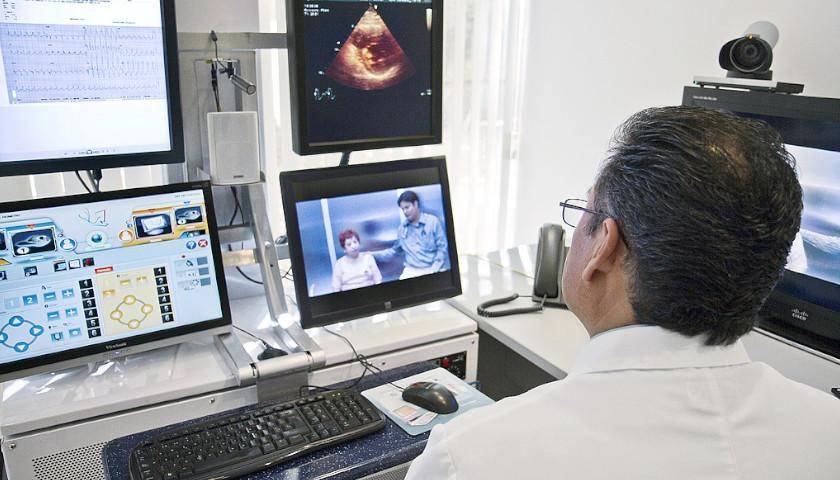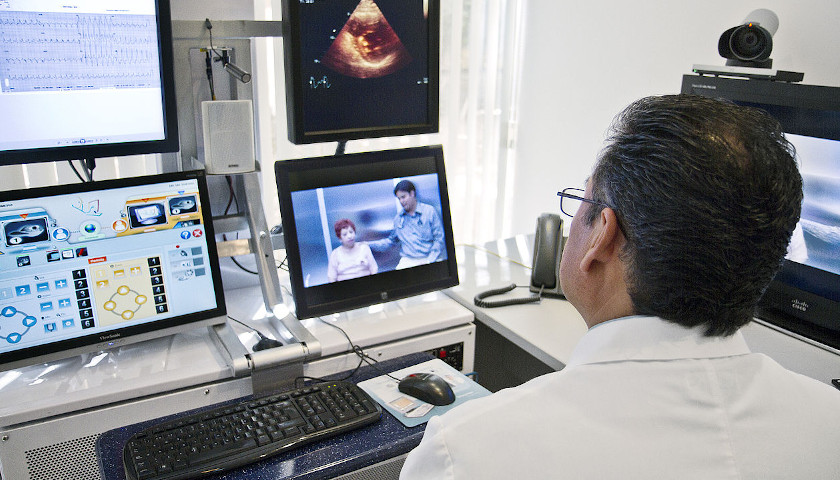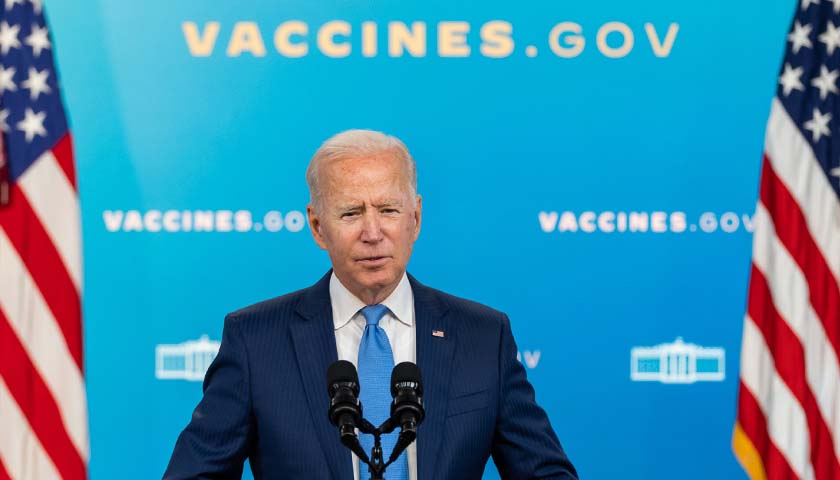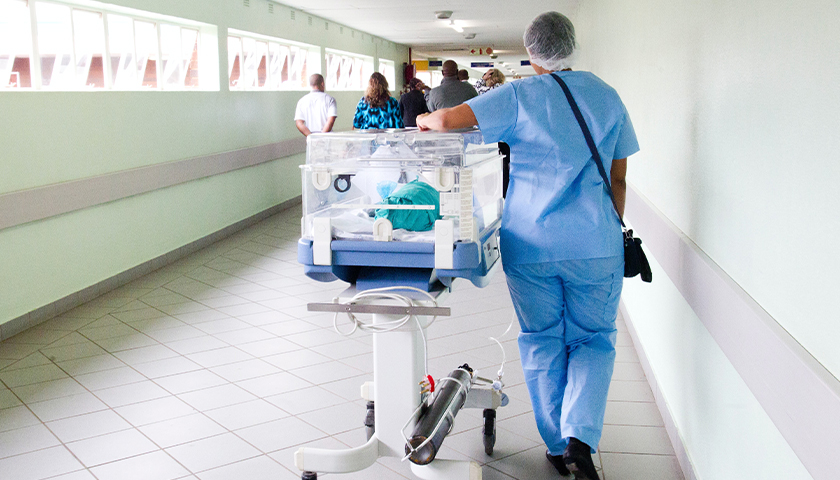The omicron variant may be nearing its peak in some states, but across the country it’s produced a dizzying array of conflicting signals on whether the nation should remain under a COVID national emergency or move on to an endemic “new normal.”
Comedian Bill Maher’s “I don’t want to live in your mask-paranoid world anymore” monologue went viral last week, just days after the Atlantic, the standard-bearer journal for the liberal intelligentsia, ran a story headlined: “COVID Parenting Has Passed the Point of Absurdity.” Accompanying the article was a black-and-white photo of a woman frozen in a more desperate and primal state of panic than the subject of Edvard Munch’s “The Scream.”
Omicron, for most people without co-morbidities, produces much milder symptoms than do the coronavirus’s previous variants, but it’s far more infectious, racing through schools, shutting down classrooms and forcing parents to consult their district’s ever-shifting COVID “decision trees” on a seemingly daily basis.
Read More





